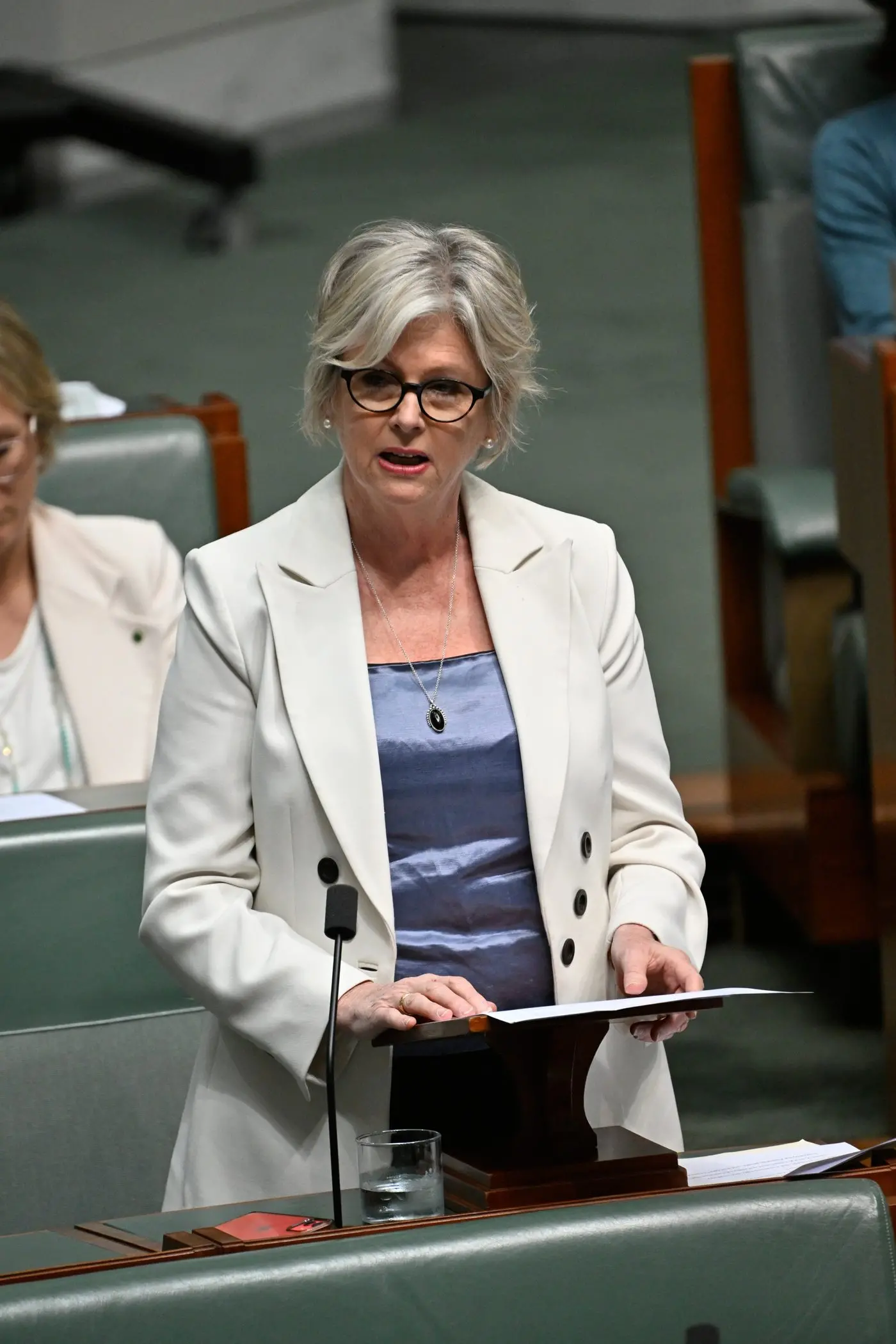PHOTO
Indi Independent federal MP Helen Haines and fellow crossbench Independent MPs and Senators will move key amendments to the government’s Freedom of Information Bill, warning the proposed changes will reward secrecy and further erode trust in government.
In the last sitting week, the Albanese government introduced sweeping reforms to the FOI framework which Dr Haines said had little to no consultation outside of government.
"This legislation will make it harder for Australians, including whistleblowers and investigative journalists, to access information in the public interest by imposing application fees, expanding exemptions and prohibiting anonymous requests," she said.
"The bill also broadens Cabinet exemptions and adds new factors to help the government argue against disclosure, in a move which will shield even more government information from public view."
Dr Haines said the move backs in opposition from civil society groups who warn the measures are an attack on the right of all Australians to access government information. "The bill will further silence whistleblowers and increase secrecy to information when the government is already facing criticism for refusing more FoI requests than were fully granted," she said.
Dr Haines and fellow crossbenchers argued there is a need for the government to be more transparent, not less, and that the proposed reforms are in conflict to the 57th recommendation of the Robodebt Royal Commission that said confidentiality should only be maintained over Cabinet documents in full or part where it is reasonably justified in the public interest.
Crossbenchers cited the recent exposure of dysfunction at ANU and Robodebt as key examples of the need for a robust freedom of information system that favours disclosure over secrecy.
"Instead of improving transparency and increasing protections for whistleblowers, this bill makes it harder to access information and easier for the government to hide it," Dr Haines said.
"The public wants more transparency but instead we’re seeing attempts to lock away even more information on key cabinet decisions.”

